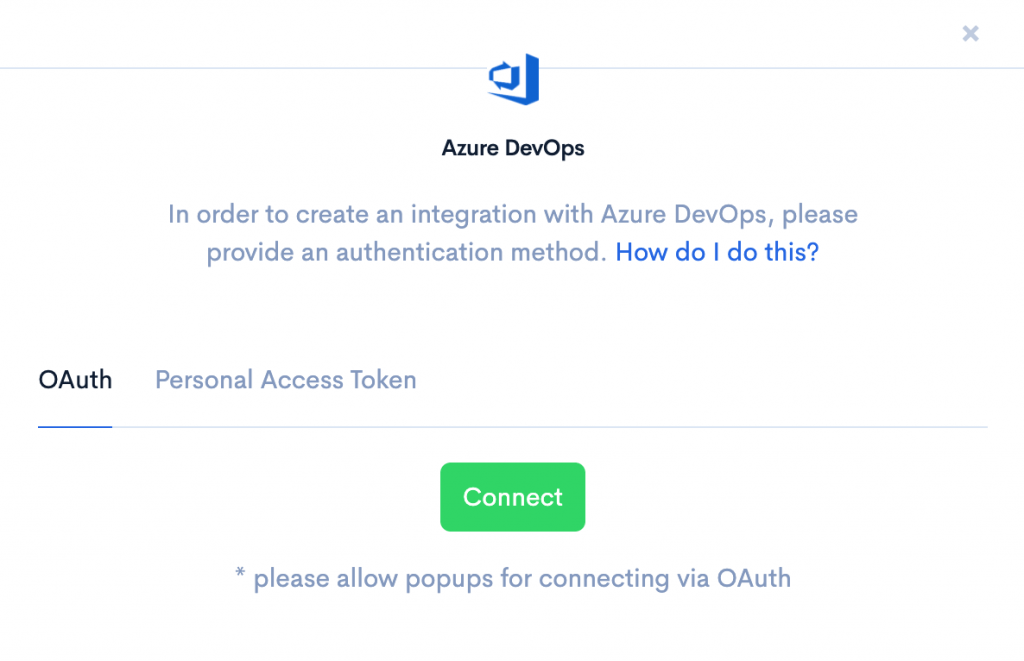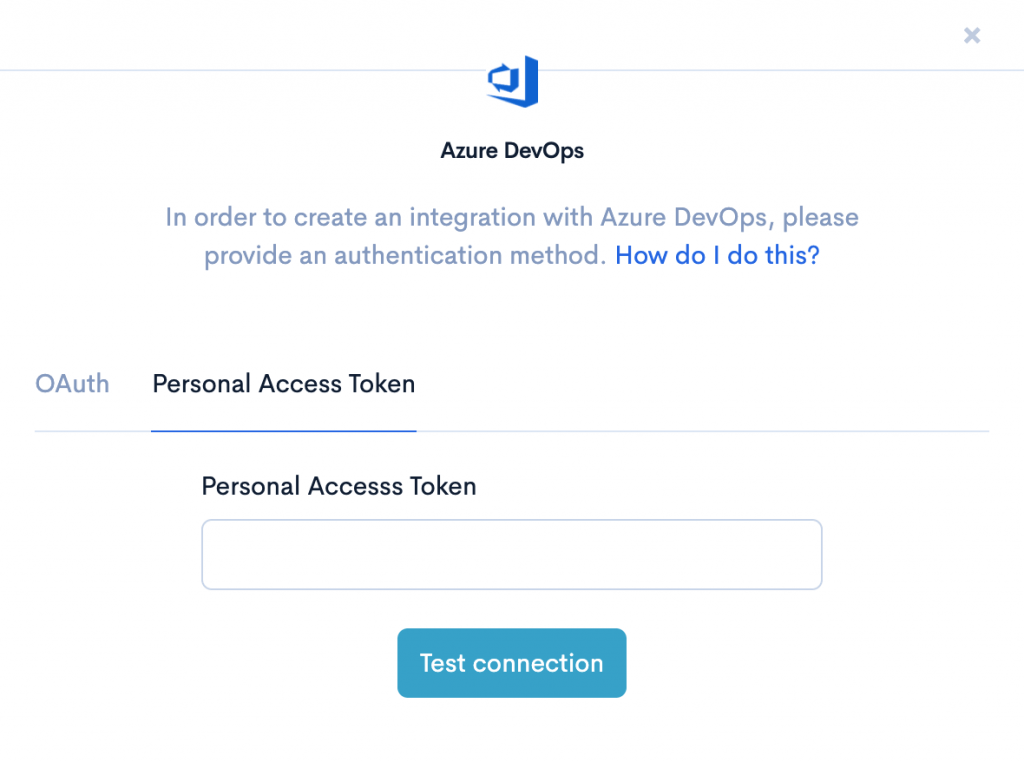How does it help you
The Azure DevOps integration enables us to provide reports that help you in:
- Daily stand-ups
- One-on-ones
- Code review
- Monthly and quarterly reports
For daily stand-ups, Waydev integrates with Azure DevOps to provide you with:
- Work Log, which displays a map of team contributions and work habits. Zoom in to all commits and pull requests an engineer produces, so you can make better decisions, set expectations proactively, and help your team improve over time.
- Daily Update, which helps you check the velocity of your team compared to the previous week. Find out where yesterday’s work focus went and if there were any engineers who didn’t check-in code. Direct your efforts to accomplish your goals.
- Time Card, which acts as a heatmap of your engineers’ activity, helping you see when are your engineers committing most. Set meetings in a nondisruptive manner – outside their peak productivity hours.
- Inactivity, which helps you achieve a healthy, continuous delivery workflow by making sure each of your engineers is involved in the development process.
For one-on-ones, Waydev integrates with Azure DevOps to help you with:
- Developer Summary, which provides valuable insights into each engineer’s output. Understand what your engineers’ work effectiveness is. Quickly spot and eliminate any blockers that are holding down your team.
- Developer Compare, which assists you with tracking your engineers’ progress. See how your engineers performed sprint over sprint. Understand their work dynamics and identify coaching opportunities.
- Developers Stats, which centralizes your engineers’ performance metrics. Aggregate all your engineers’ stats from Waydev in a highly customizable table. Sort, filter, search, and download to fulfill your needs.
For code review, Waydev integrates with Azure DevOps to provide you with:
- Review Workflow, which provides a map of pull request activity in the selected time frame. Identify long-running pull requests, unreviewed pull requests that have been merged, and spot closed pull requests that have not been merged.
- Review Collaboration, which presents a unified view of submitter and reviewer metrics of the PR process. Understand how your engineering teams work collaboratively. Effectively communicate the healthy tension between speed and thoroughness in code review.
- PR Resolution, which helps you identify the bottlenecks in your PR cycles over the course of the sprint. The PR resolution is designed to help you find outliers. Visualize high-level team dynamics and the underlying activities that can contribute to those dynamics.
- Submitter and Reviewer Fundamentals, which provide a view of how the metrics from the Review Collaboration evolved over time. These features should be used as a gauge to determine if your objectives regarding the code review workflow are on track.
For monthly and quarterly reports, Waydev integrates with Azure DevOps to help you with:
- Project Timeline, which provides a view of how work focus and volume modify over time. Find out where your engineers’ work focus is. View how events impacted your team’s performance and direct your data-driven decisions.
- Teams Stats, which provide a unified view of your teams’ engineering contribution. Gain a comprehensive view of all team stats from Waydev. Customize the report to your own requirements.
- Team Compare, which helps you track the progress of your engineering teams. See how engineering teams perform compared to the previous sprint, month, or quarter. View how work dynamics shift.
- Retrospective, which assists you in evaluating your release’s success and compare your sprints’ output.
- Repositories Stats, which provide clustered engineering stats to help you visualize performance from a repository point of view.
- Reports History, which encompasses weekly and monthly email reports into a singular view.
- Targets, which help you translate uncovered opportunities to action by setting measurable targets within the application. Visualize and track progress to hit all your goals.
How to integrate Azure DevOps into Waydev
You can integrate Azure DevOps into Waydev via OAuth or via Personal Access Token.
Step 1: After you create a Waydev account, you will need to select a Git provider. Select Azure DevOps.

Step 2: Select the authentication method you want to proceed with.

Azure DevOps OAuth
Step 3: Select OAuth, and click Connect. You will be redirected to Azure DevOps where you will need to authorize access to your account.

Step 4: After the connection is done, you will be redirected to the ‘Repositories’ page, with a message of success. Now you’ll need to select relevant repositories for your project. You can select all or you can choose only the ones with data. We recommend selecting only the repos with recent work. After you select the repos, click the ‘Save Project’ button.

Step 5: You will be redirected to the app where you will need to wait until we process your data. We normally process the data in under 1 hour, but for the first time connections it can take up to 12 hours. Pull requests may take 24-48 hours to process completely.

Step 6: Now everything is set up, you just need to wait until we process the data.
Azure DevOps Personal Access Token
Step 3: Navigate to Azure DevOps and create a new personal access token following the settings below.

Step 4: Copy the generated personal access token, navigate back to the Waydev app, and paste the personal access token generated.

Step 5: Click ‘Test connection‘. Done!
Microsoft partnership
Waydev is an official Microsoft partner.
About Azure DevOps
Azure DevOps is a Microsoft product that provides version control, reporting, requirements management, project management, automated builds, lab management, testing and release management capabilities. It covers the entire application lifecycle, and enables DevOps capabilities.
Work items
At the heart of Azure DevOps is the “work item“. A work item represents a thing – it can be work that needs to be accomplished, a risk to track, a test case, a bug or virtually anything else a user can imagine. Work items are defined through the XML documents and are highly extensible. Work items are combined into a Process Template that contains these and other pieces of information to provide a development framework. Azure DevOps includes Process Templates for the Microsoft Solutions Framework for Agile, Scrum and CMMI. Teams can choose to use a built-in template or one of the many templates available for use created by third parties.
Work items can be linked to each other using different relationships to create a hierarchical tree of work items or a flat relationship between work items. Work items can also be linked to external artifacts such as web pages, documents on a file share or documents stored in another repository such as SharePoint. Work items can also be linked to source code, build results, test results and specific versions of items in source control.
The flexibility in the work item system allows Azure DevOps to play many roles from requirements management to bug tracking, risk and issue tracking, as well as recording the results of reviews. The extensible linking capabilities ensure that traceability from requirements to source code to test cases and results can be accomplished and reported on for auditing purposes as well as historical understanding of changes.
What services and tools does Azure DevOps include?
Azure DevOps includes:
- Azure Boards, which is an issue tracking tool;
- Azure Repos, which is a version control tool;
- Azure Pipelines, which is a CI/CD service;
- Azure Test Plans, which is a test-based management solution;
- Azure Artifacts, which is a package management solution.














